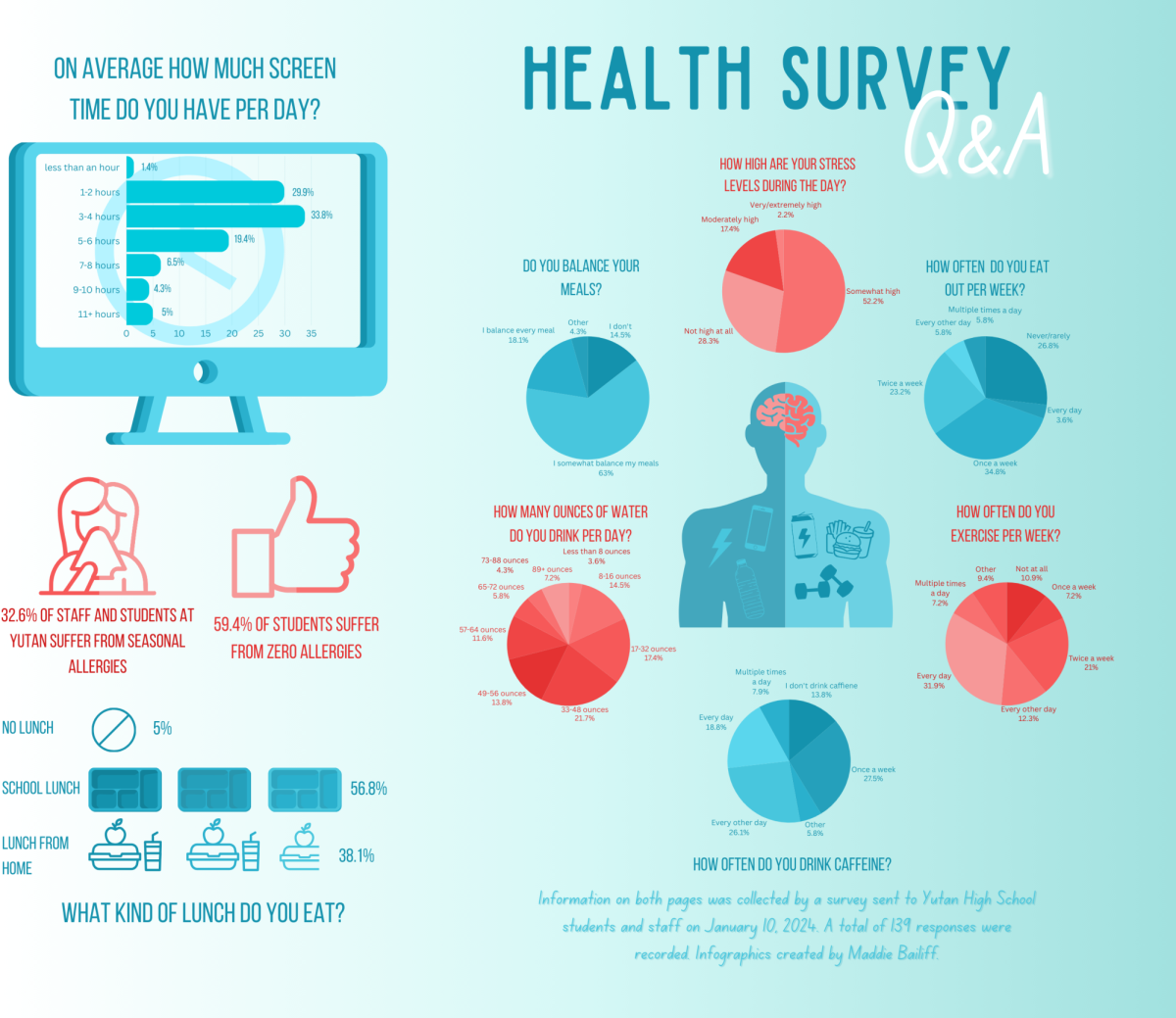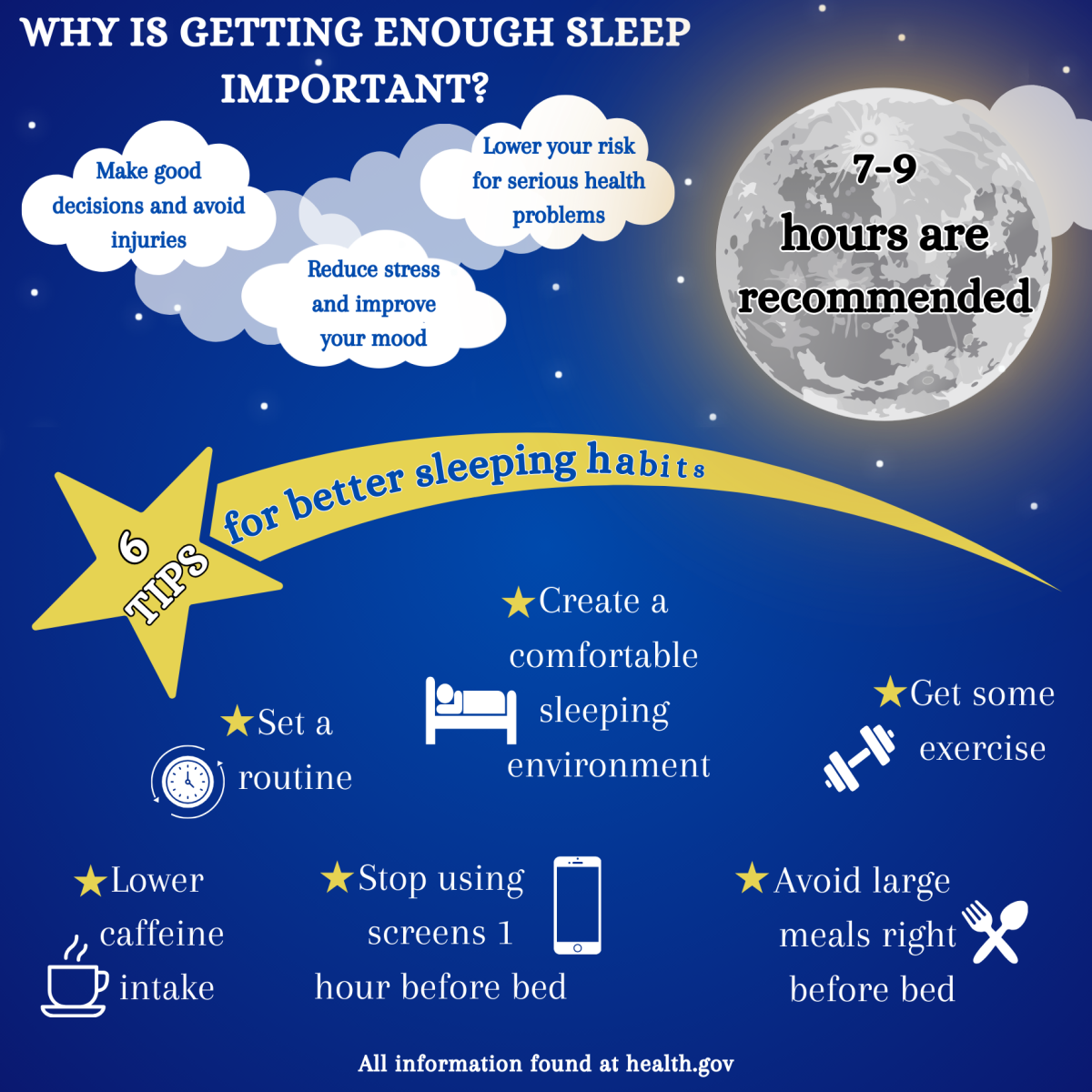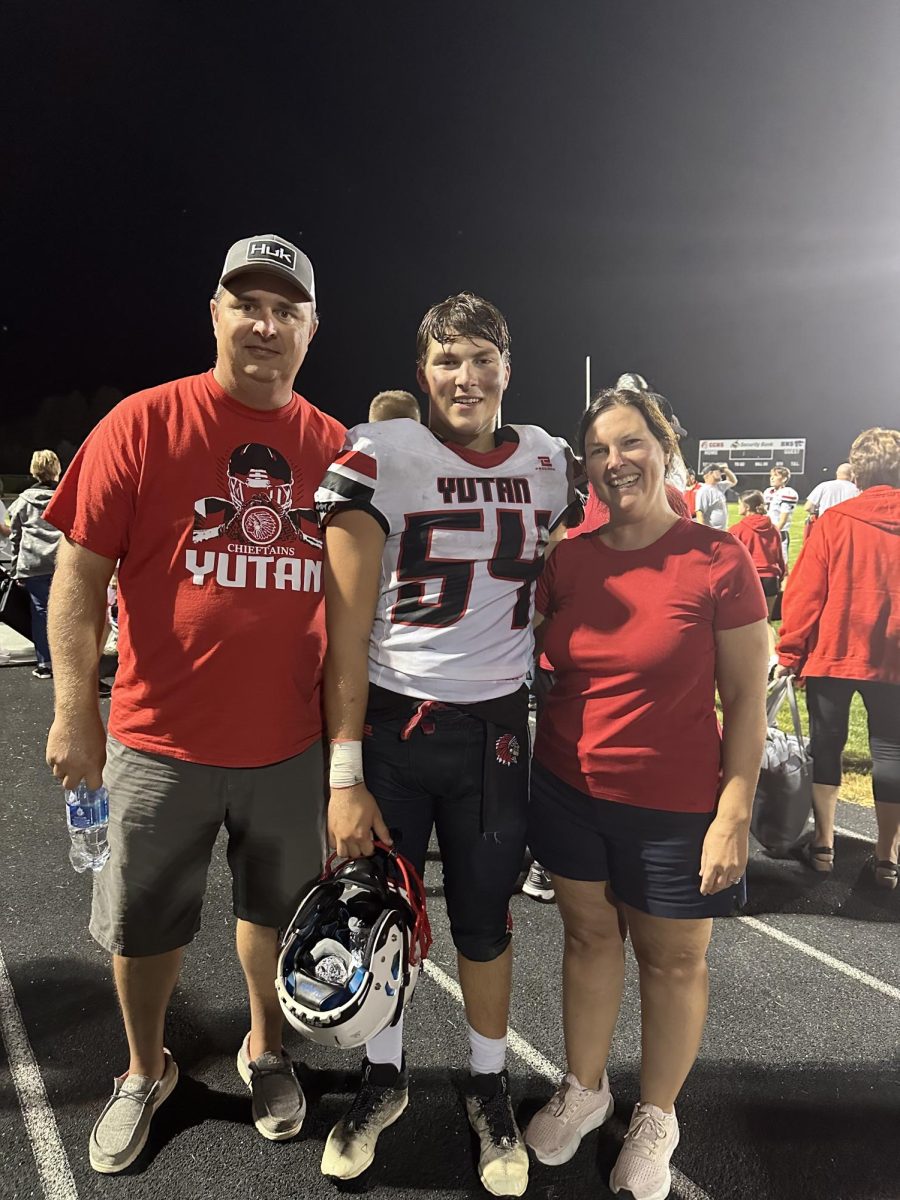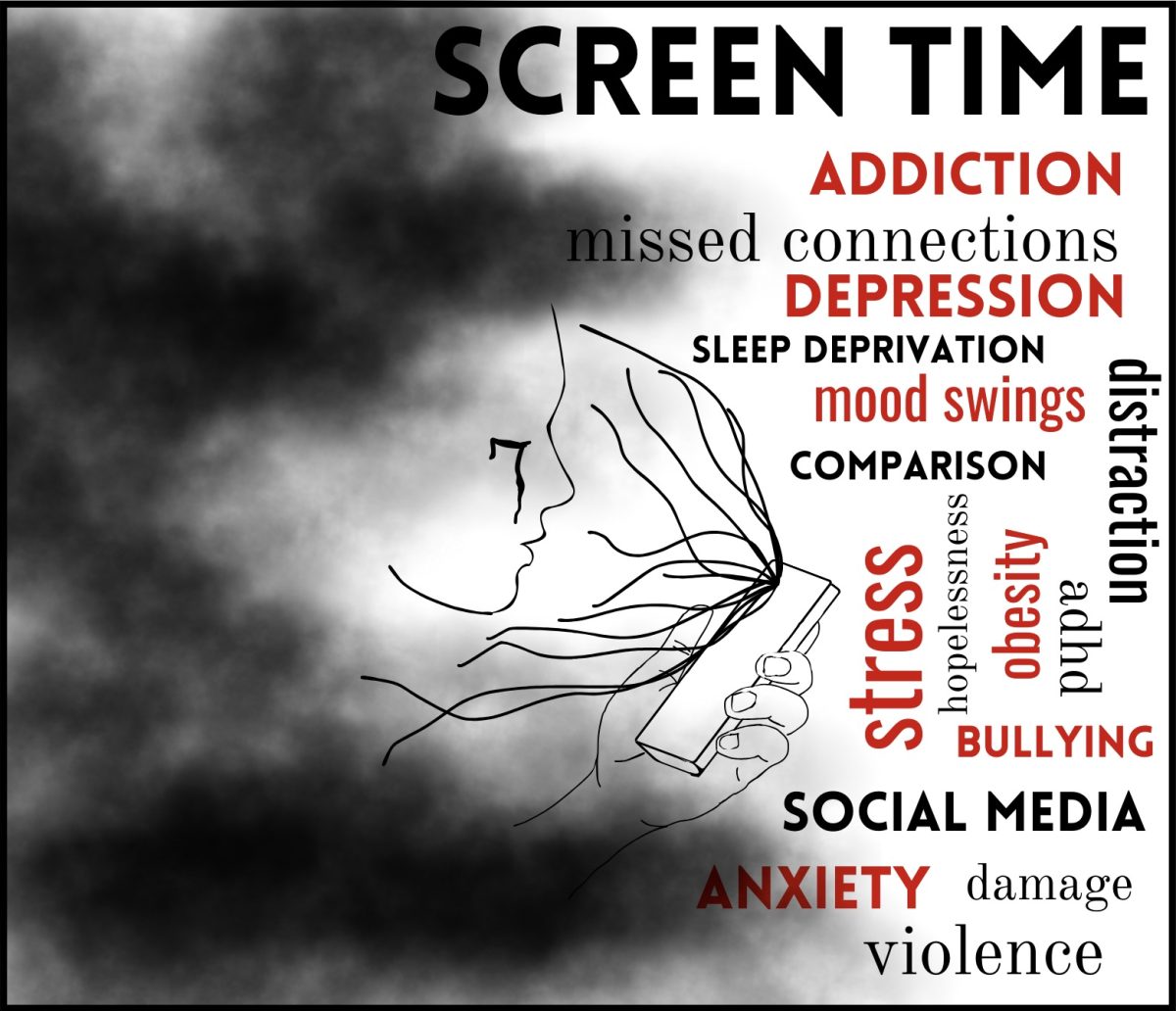Teenagers today are known for their love of food, even at Yutan. But not everyone at Yutan is able to eat everything they want due to a variety of food-related health conditions ranging from intolerance to allergies to actual diseases.
A more common intolerance that people have heard of is a lactose intolerance. Lactose intolerance means that someone can’t digest the sugar in milk. Senior Hailey Martin has had a lactose intolerance since elementary school.
“I can’t eat dairy products or drink milk,” said Martin.
Having a lactose intolerance can cause disruption throughout the day, especially during lunch.
“If I have too much, it can make me sick, and then I need to go home from school,” Martin said. “I make sure not to have too much dairy, and I drink milk that is lactose free.”
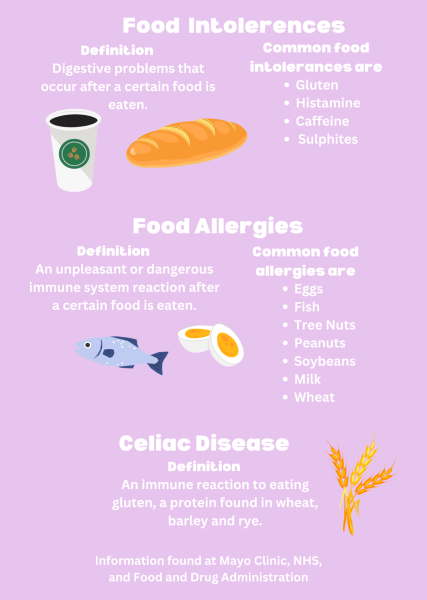
A step up from an intolerance to food is an actual allergy to food. When most people think of allergies, they may think of the seasonal allergies, but there are food allergies that students and staff suffer from.
Senior Gavin Fenn is allergic to an entire cow, which might not be as common as other allergies, and has had this allergy since birth.
“I can have eggs and chicken. But not anything from the entire cow, not the protein, leather or milk,” Fenn said.
This allergy has caused some challenges along the way. But Fenn takes certain precautions to limit the exposure to a cow.
“I have to read labels,” said Fenn. “I eat a lot of vegan stuff and a lot of different meats.”
Sophomore Samuel Shelton is allergic to tree nuts. Shelton has been allergic to tree nuts since he was five years old. Being allergic to tree nuts has made Shelton more aware of the product while doing certain hobbies.
“I need to check labels to make sure that I’m cooking with the right ingredients,” Shelton said.
But Shelton’s allergies have made a significant impact for school lunch.
“I don’t necessarily eat during lunches, and when I do I usually bring my own lunch,” said Shelton.
Science teacher Megan Encarnacion is also allergic to tree nuts, along with peanuts, celery and certain fruit. Encarnacion also has an actual disease related to food called celiac disease. Celiac disease is an intolerance to gluten. Encarnacion has been allergic to tree nuts, peanuts, celery and certain fruit for eleven years and has been gluten free for two years.
“I have to think about every single thing that I’m eating,” Encarnacion said.
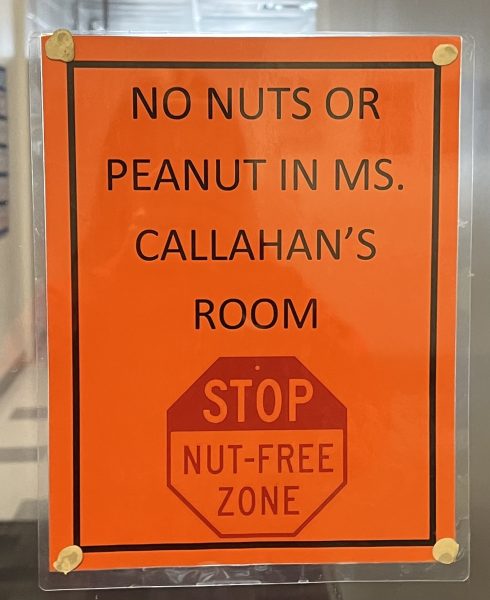
Her allergy means that consuming any of the products she is allergic to will result in a bodily reaction. Unfortunately for Encarnacion, if she consumes tree nuts, peanuts, celery and certain fruit, she goes into anaphylactic shock. When Encarnacion consumes gluten, she gets all body reactions, like hives, headache and nausea.
“If I accidentally consume something, depending on the reaction it could go badly,” said Encarnacion. “But on a day to day, I do really good at not eating what I shouldn’t.”
District nurse Amy Krajicek also has celiac disease. Krajicek was diagnosed with celiac disease four years ago.
“It’s technically not an allergy, but my digestive tract cannot handle gluten,” Krajicek said.
Because gluten is in wheat and wheat is a part of many foods, Krajicek has had to find substitutes that she can consume.
“It probably took me about a year to find the different brands of the different stuff that I actually liked,” said Krajicek.
Krajicek’s disease affects her during the day, especially during lunch.
“I have to plan ahead and pack my own lunch otherwise I’ll have to go without lunch,” Krajicek said.
Krajicek wants people to be aware of food-related conditions, even if they aren’t affected by them.
“Be cognizant and sensitive that other people might have food allergies that you are unaware of because they are not visible to other people,” said Krajicek.


